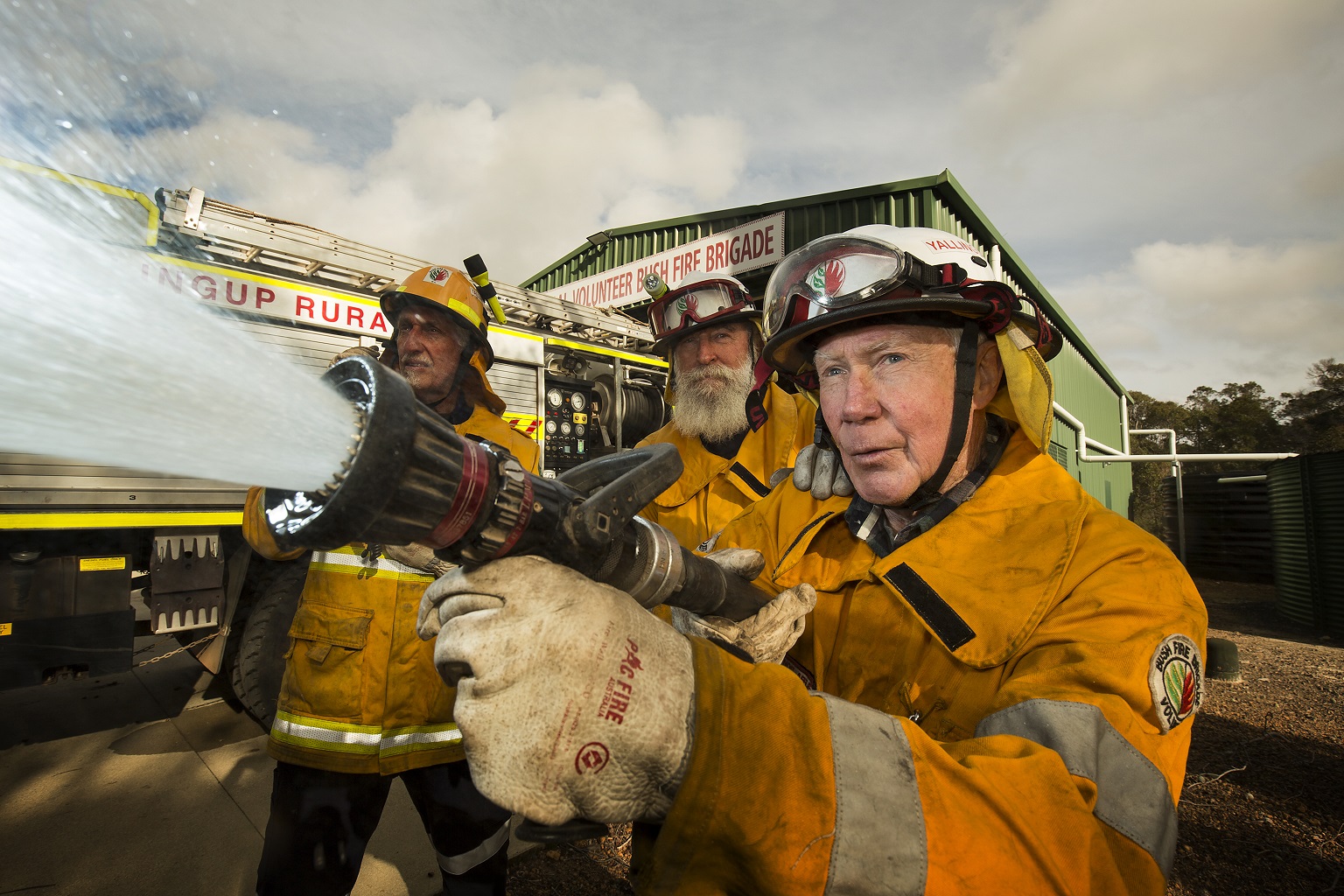
This bushfire season local governments must remember that they cannot delegate their work, health and safety responsibilities to a third party.
As we approach summer, many LGIS members will be considering, or will have in place a Memorandum of Understanding (MOU) with the Department of Emergency Services (DFES).
These MOUs are a formal yet non-legally binding agreement between DFES and the local government and outline how the two parties will work together to look after volunteers and respond to bushfires. An MOU provides members with clarity on how they can collaboratively support valued volunteers such as by accessing DFES' deep resources and experience.
It's important for members to remember that even when a MOU is in place they still retain their responsibilities as a PCBU (person conducting a business or undertaking) as outlined in the Work and Safety Act (WA) 2020 (WHS Act). A local government cannot delegate their work, health and safety responsibilities. Their obligations are not altered or affected by the existence of an MOU with any party.
The WHS Act takes a comprehensive approach to supporting VBFs. The Act recognises VBFs as workers, stating that members have a duty to provide the same level of care and protection to VBFs as their paid workers.
This level of support ensures both compliance and a commitment to safety. The WHS Act emphasises the shared primary duty of members, as well as provides practical guidance for effectively fulfilling this duty should there be an MOU in place with DFES or any other party.
Are WHS responsibilities being met?
Local government leaders should ask themselves the questions below. If at any point the answer is 'NO' or 'DFES does that', it's time to take another look at WHS policies and procedures to make sure that obligations are being met.
- Do we have and keep up-to-date safe work policies, instructions and procedures for managing VBFs?
- Do we tailor and distribute safe work policies, instructions and procedures to VBFs?
- Do we make sure all VBFs are provided with adequate training, information, instruction or supervision so that they can do their work safely?
- Do we provide equipment, including personal protective equipment (PPE), suitable for the work being conducted to VBFs? Are VBFs trained in its use?
- Are VBFs consulted about WHS matters that affect them? Are they involved in the planning and risk assessment of tasks they are involved in?
- Are VBFs provided with a way to raise WHS matters and make suggestions for WHS practices?
- Do we maintain a comprehensive record of its VBFs, which includes their personal information such as name, address, contact information, details of any training they have received?
- Do we have process in place for identifying and managing fatigue in VBFs?
We've developed a guidance note on managing MOUS with DFES and a range of resources, including our recent Ask an Expert article featured in the Winter edition of Risk Matters to help members navigate the WHS Act and account for the necessary VBF provisions.
For advice on providing a safe working environment, contact the LGIS Risk Team at admin@lgiswa.com.au